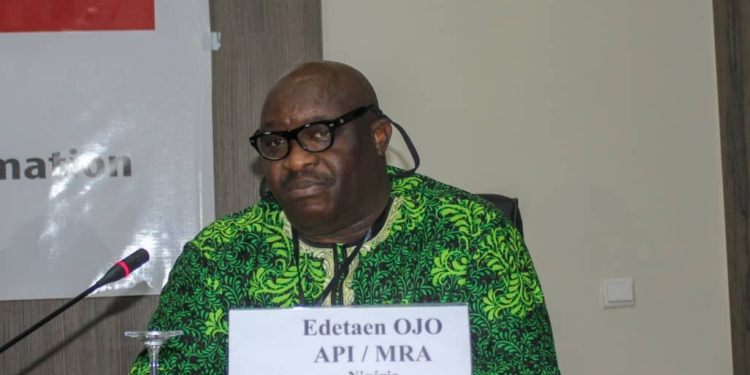Edetaen Ojo, Executive Director, Media Rights Agenda, MRA has called for the infusion of gender-sensitivity into the formulation and implementation of access to information laws.
Edetaen Ojo who is also a member of the Working Group, African Platform on Access to Information, APAI made the call while speaking at the Regional Colloquium on Women and Access to Information organized by Panos Media Institute for West Africa in Senegal.
Ojo disclosed that “there is no real effort to ensure that access to information laws serve the interests and peculiar needs of women, including ensuring that they are able to access information that is of critical importance to them.”
He thereafter noted that there should be deliberate efforts to bring some gender-sensitivity into the formulation and implementation of the laws.
“This is particularly important or relevant for countries that do not yet have access to information frameworks and therefore have an opportunity to improve on existing standards.
“However, even countries that already have such laws may wish to improve on them either by amending their laws to be more gender-sensitive or taking deliberate steps to be gender-sensitive in the implementation of their laws, even as the laws are currently,” he explained.
Ojo called on public institutions to identify information that are relevant to women and their needs; “develop and collate such information, which should then be disseminated either proactively or in response to information requests.
In any event, information held by public institution should be routinely disaggregated by gender.”
Speaking on breaching the information gaps, Ojo calls for availability of information in accessible formats for women and women with disabilities.
He explained that, “in recent years, the Internet and other information communication technologies have become indispensable tools for realizing human rights, combating inequality, and accelerating development and human progress, but access and connectivity for women remain limited.
“Women can be excluded from the potential benefits of digital and online spaces by lack of digital literacy and different forms of systematic discrimination and gender-based violence.
“To remedy this situation, focus should be placed on making the internet more amenable and safe for women, increasing women’s connectivity, and engaging with telecommunications and internet service providers in efforts to reach women.
“The internet should be considered a complement to other efforts to ensure that women have a meaningful right of access to information.”
He also stressed that, “women with disabilities are most likely to face very different challenges from those women without disabilities.”
He thereafter urged the Governments, civil society and the media to address all the identified gaps and facilitate equal access for women to information adding that, “a critical first step in addressing the issues is to ensure that the collection, management and dissemination of information is gender disaggregated.”

